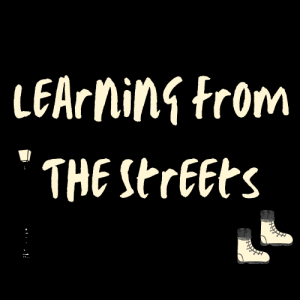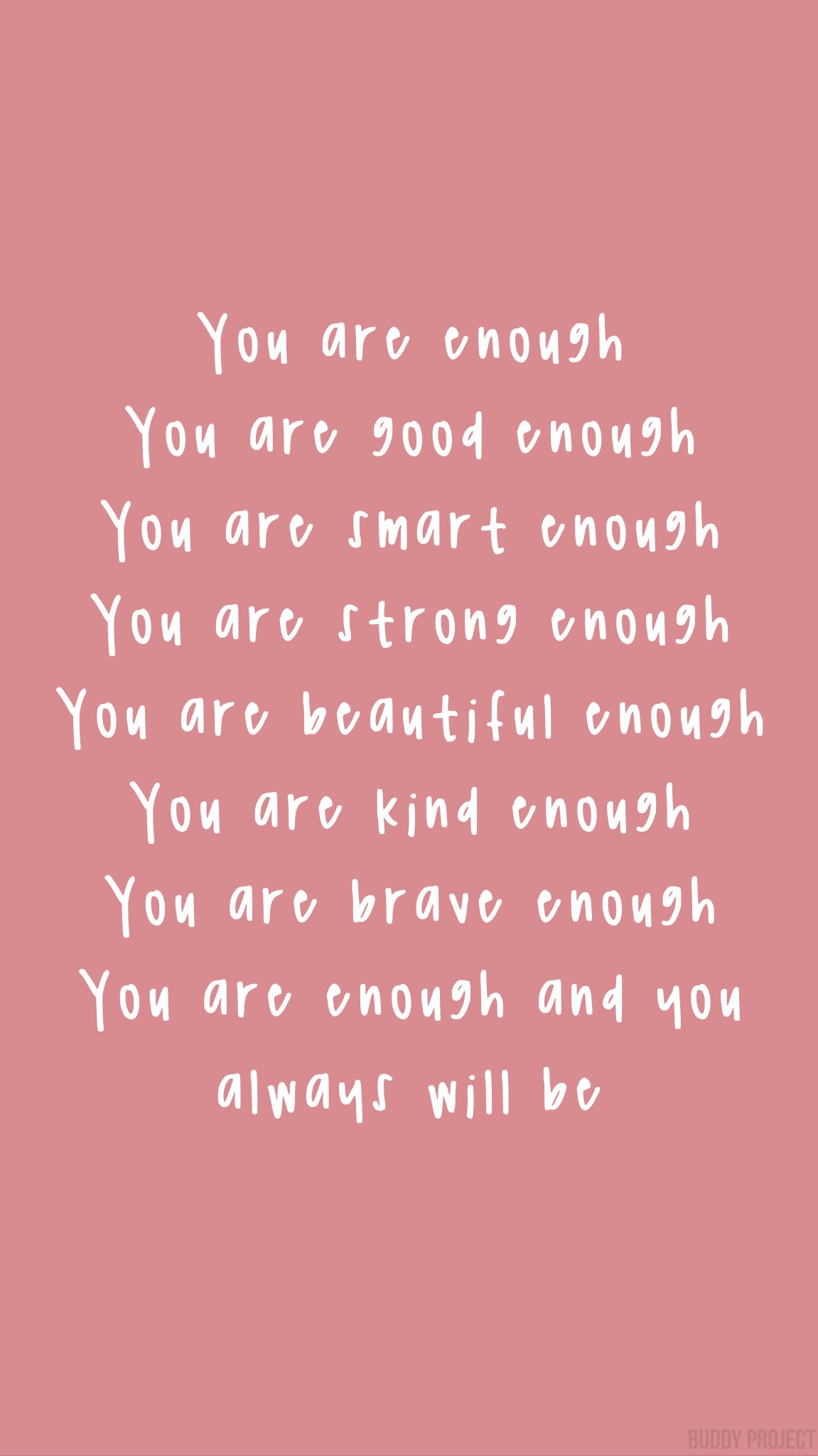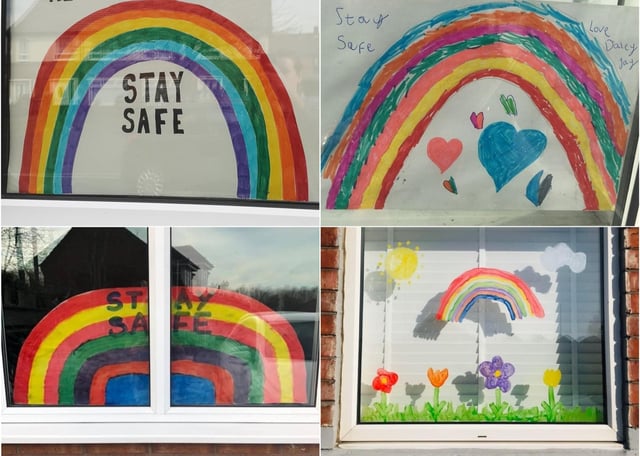On Monday 1st March , the theme of the twitter chat (#ycwchat) was ‘Burnout’ .
It was by one of the most contributed to chats, and it was suggested that I write up the responses to the questions that were given. I have tried to include every response, as it was said in the chat and I’ve included all the contributors at the end of this piece.
Many will sadly relate. Many will relate in many forms of ministry. Many are not in roles because of it.
Responses to this included:
-
I think I now see it as when I am unable to function at a healthy level. When I notice lots of unhealthy tendencies creeping in I know I’m close to burn out. The enneagram has been helpful in understanding when that is better.
-
Burnout is a state of overwhelm that leaves me unable to function other than to do the absolute minimum. It is usually a result of overwork, or an inability to distinguish where work should stop and rest should begin, over an extended period of time
-
Unhealthy levels of work, stress and bad habits. Busy doing stuff without achieving anything. Not going tadks full attention
-
Yes, i only recognised it after the event, it was a state of constant adrenaline, caffeine dependency and brain fog. Felt constantly under pressure.
- (which was replied with) : I think often we don’t see it (esp 1st time around) until afterwards… So hard to spot it for ourselves until we know what it feels like –
-
Yes. So many signs. But I remember coming home from a totally positive, normal pastoral chat with a young person and just sitting on my hall floor and crying for two hours. Then found that was happening most days.
-
Yes, 1st time 8 years ago when I was doing too much (understatement, really!). I had a distinct moment of ‘Oh shit, I am not OK’ in my local shopping centre, I felt utterly overwhelmed & unable to think straight. My brain was catastrophising & in full on panic mode
-
I didn’t realise it at first. I understood ‘burn out’ as not able to do anything at all, took me a while to realise you can have a slow burn out. Really wish I’d understood what to look out for, I’m really keen to read about it.
-
Never officially told it was burnout, but in retrospect makes situational sense. constant anxiety, insomnia, chest pains (A&E multiple times), brain fog, panic attacks etc.
-
Too many expectations on youthworkers, and not a culture of being able to say ‘No’ and create boundaries, also very little awareness on emotional health, eg codependency.. these are also things that I might add
-
Not having strong relationships with other organisations to support your work with young people. Being able to discuss, share and meaningfully connect young people to a network of resources and opportunities gives you as a worker a sense of community and connection too
-
Overwork, poor supervision and for me constantly justifying my role as I was on a 1 year contract (think that’s another thing about the setting up of a role, needs to have some security as well as good supervision and decent salary etc… )
-
Lack of ability to solve systemic problems that you are seeing or affect structural change. Lack of control over working conditions. (and, poor management and supervision). And related: trying to be young people’s functional savior.
-
It’s going to be diff for diff people bc what’s overwhelming for some isn’t for others. In my case it was an inability to say no along with the approach of ‘if you want something done, ask a busy person’. I had also had a run of life changing events medically, Which I hadn’t given time to process properly & consider their impact before plunging back into ‘normal’.
-
Mine was not having clinical supervision. had supervision, but it was no at the level needed for working with YP with multiple needs and Mental Health stuff going on
-
Workaholic ministry culture. Often I’ve seen this modelled by clergy, and expected of them by their workers, without understanding that workers lack the autonomy and positional power of the clergy person, so gets more toxic as a lifestyle as it’s passed down….
- We are FAR too quick to idolise ‘being busy’, but I’ve also seen books written, by men, on how 2b not busy. One I started but had to put it down as it was SO obvious that his ‘not being busy’ was supported by others around him (likely a woman/wife) doing all the things he wasn’t
- poor management and supervision practice and relationships also play into this. And, frankly, gender/race/age dynamics can too
- I’ve sat and chatted with curates who are struggling desperately with the exact same dynamic, desperately waiting until they’re free and get to BE the incumbent. I’ve tried to help them see that for youthworkers, they never have the hope of that way out.
- So exploring power dynamics and agency on both counts is critical. There is a lot of ‘unboundaried’ practices and conversations.
- Yes. And by the times curates get around to be the incumbents, they have quite possibly internalised unhealthy ways of functioning – if not for themselves, in what they expect from others.
- Having very rigid structures that don’t allow for things to change when they need to change
- Oh goodness me YES! Managing change is another thing, like conflict management, that should be part of a manager or supervisor’s toolkit but too often it isn’t there..
-
Poor Management and Supervision
-
*so* many insightful answers to A3 (thanks all). For me, it is often a mix of ‘white knight’ complexes, poor resources, lack of positive role models and a complete inability to say ‘no’.
-
Lack of care and dignity in the support offered to workers through difficult or intense situations
-
An inability to say no! Taking on too much responsibility. Thinking that everything depends on you. Trying to be the saviour and not the midwife
-
YES all of this for me too… There’s definitely all the stuff about poor supervision & management but there’s also this feeling of all the responsibility, it’s unhealthy but I think I might have been quite difficult to manage/supervise!!…..I was a dream for most line management in that I could not say ‘no I don’t think that fits with my role’ but if anyone had tried 2 say ‘you’re very busy, are you sure you want to add this?’ I would prob have ignored it. Now learned 2 ask that qu of myself & loved ones
- Supervisors have responsibility and cannot opt out. What we did 1,5,10,20 year’s ago is different. Experience can teach wisdom.
-
Developing sustainable rhythms. This has been a gamechanger (til COVID ruined it). Scheduling rest and downtime regularly for before we really feel the need for it. Resisting the busyness culture that sometimes feels like it judges a refusal to negotiate about rest
-
Setting up proactive relationships with people able to speak into the doing/resting dynamic, and who have permission to (gently) rebuke me if I am taking too much on.
-
YES and YES… I really struggle to hold the work/rest boundaries but I know that if I don’t I crash quickly (bc of a combo of previous burnout & medical issues that have reduced my capacity). I love my work so stopping it is hard
-
After burning out for the first time i reflected (eventually, when I finally admitted I’d burnt out) on why it had happened and what had triggered it. Also (not wanting to mention it again) deepening my understanding of self through the enneagram
-
Running and being ruthlessly attuned to early warning signals in my body. Proactively setting boundaries (boundaries are kind!) and trying to work on not fixing situations out of an overblown sense of responsibility.
-
I’ve recognised it’s not all on me to be resilient & so have become much more discerning about who I work for, ensuring they have robust trauma informed systems of care in place & a culture that promotes wellbeing. A luxury many don’t have I know.
-
I took a full break from everything for a short time, then went back to work but carried on a break from volunteer youth role, eventually a yr later left the church where I had been volunteering……longer term I have the phrase ‘you are not indispensible’ written in as many places as I can think of, & although I’ve not completely avoided it again (in another volunteer position!), I am able to spot the signs and am more able to step away
-
Counselling, mentoring, left the role after it became clear that the external factors couldn’t change to a workable level, got a different and WAY more healthy job (actually worked only 4days a week for a year or so after, with really good line management and support)
-
I think I was saved by virtue of being forced to take 3 months paternity leave half a year in. It was enough of an emergency brake for my brain to kick back into gear. Then longer term: actively seeking out people who ask awkward questions, also more broadly, I found reading around the area of Family Systems Theory helped me understand how I was functioning within an organisation.
-
I am struck by how many variations of ‘kind of forced to stop for a while’ there are in the answers (would be mine too). Putting everything down and then carefully choosing what to pick up again can be real wisdom.
-
spoke to people, became more honest with myself, created a little more space, started spiritual direction (one of the best ministry decisions I’ve ever made)
-
being kinder to self. Realising my limitations. Connecting.
-
Offering spaces for soul and physical card like retreats.
- I learned that while I can DO ANYTHING, I can’t do ALL THE THINGS ALL THE TIME, or even some of the time… I learned that I am not, nor at any point should I be, indispensible. And I learned to say NO, some of the time at least..
-
Share the load, both work load and talk about the burdens.
-
All those non-sexy things that people say you should learn (conflict management, time management, self-reflection)…you should probably make time to learn!
-
One final thing, and I am very cautious about saying this as I know some people are in really horrible work conditions and I don’t want to minimise that, but…a lot of the time when I am frustrated at conditions ‘out there’, it is a sign that something is not right within me.
-
yup – I think I have more empathy with others who are struggling and/or not showing themselves in their best light.
-
That I’m human! Also the need to take time out for self-care and soul-carespend more time reflecting.
-
Put a team together carefully and prayerfully. Realise my limitations
First time I’ve joined #ycwchat and really both saddened and encouraged by so many knowledgable responses on Youth Worker Burnout. Thanks for sharing.
Thank you to all who responded to this conversation, including Jenni Osborn, Sally Nash, Mike Rutt, Dean Pusey, Sarah Long, James Yates, David Bunce, Melanie, CrommWhitt, Jen Johnson, Andy Campbell, Nicky Hill.












![From Isolation to Community: Youth Work in the Covid Era and Beyond by [Jenni Osborn]](https://m.media-amazon.com/images/I/51b7mIEk4ZL.jpg)











